BJ Carter’s Ultra 4 Toyota vs Mr. RJ’s Luxury Ford Ranger Prerunner
Off-road racing has seen tremendous advancements over the years, with vehicles undergoing significant transformations to meet the rigorous demands of diverse terrains. In a recent showcase, two competitors brought their meticulously crafted machines to the dirt track, each embodying the spirit of innovation and engineering prowess. BJ Carter and Mr. RJ, two enthusiasts from different backgrounds, presented their modified vehicles, stirring excitement and anticipation among racing aficionados.
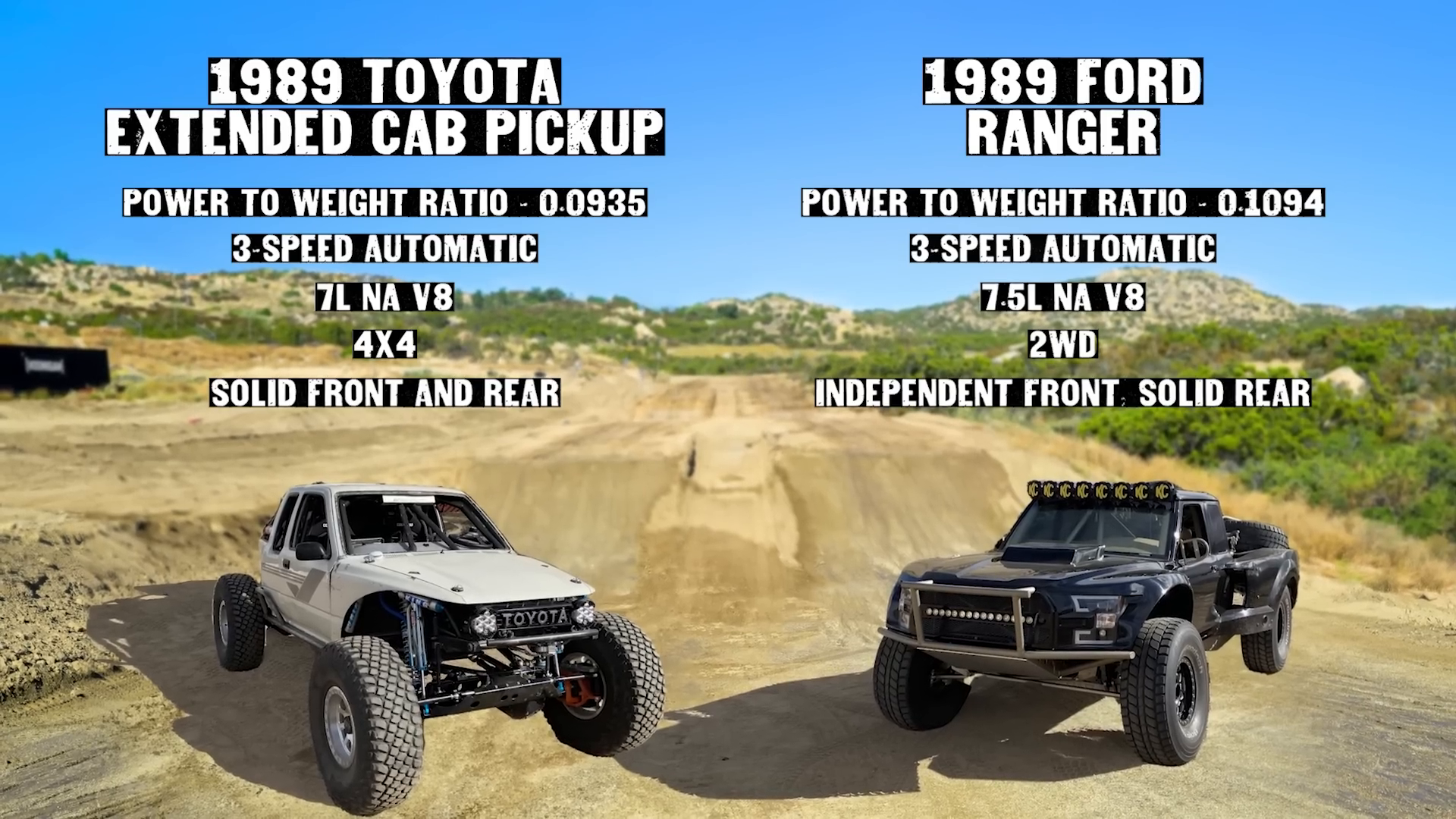
BJ Carter’s Ultra 4 Toyota Transformation
From Rock Crawler to Racing Beast
BJ Carter, hailing from Lake Tahoe, embarked on a journey five years ago to build an Ultra 4 car. His project began as an ’89 Toyota extended cab truck, which was initially a two-wheel drive vehicle. Following a rock-crawling accident, Carter envisioned transforming the wreck into a racing marvel, resulting in an extensive rebuild that incorporated robust components and advanced suspension systems.
Mechanical and Suspension Modifications
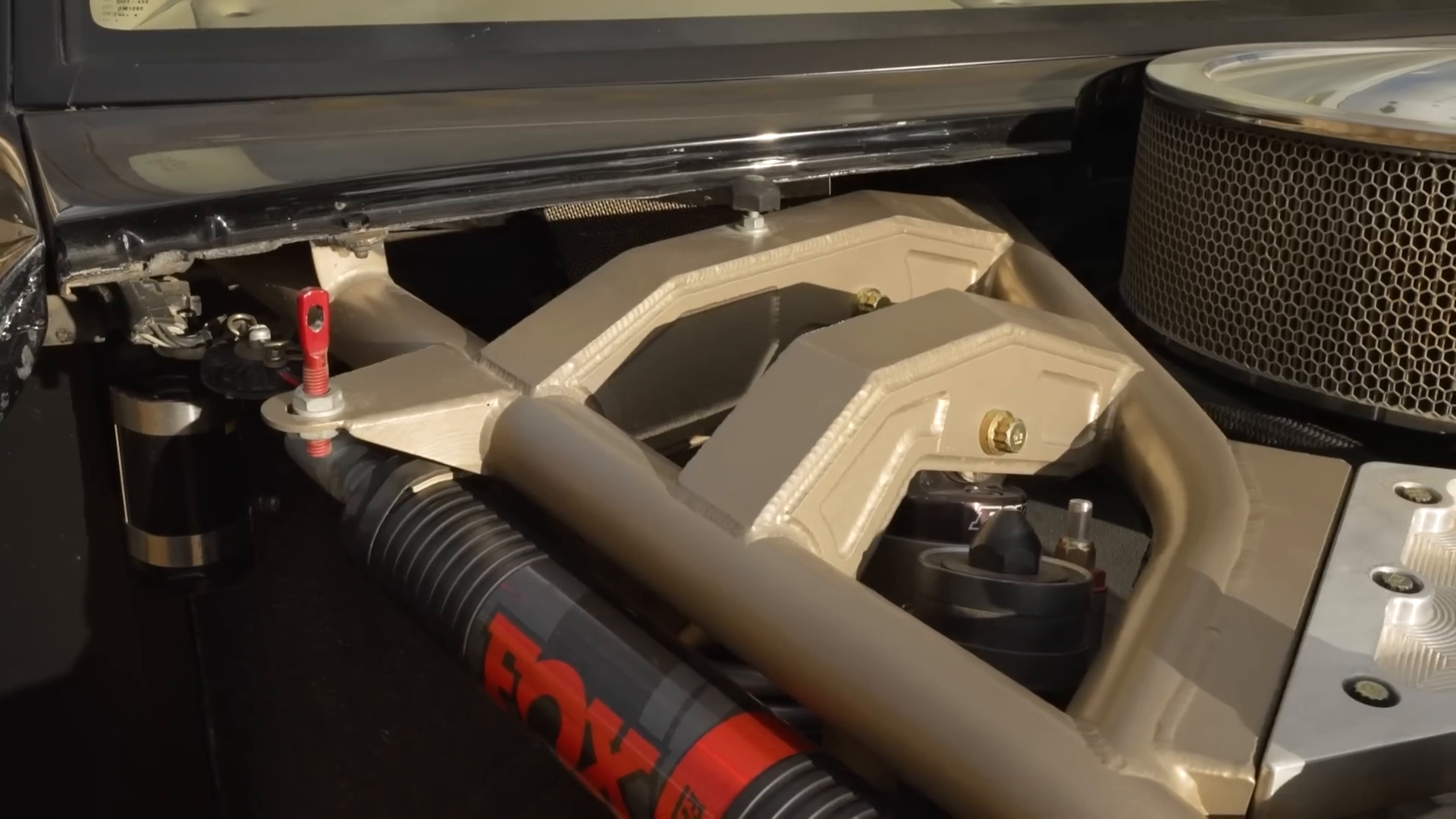
The Toyota’s suspension system exemplifies Carter’s commitment to performance, with junkyard-sourced Dana 60 front and 14-bolt rear axles providing a solid foundation. The vehicle boasts impressive travel capabilities, offering 17 inches in the front and 24 inches in the rear. An LS7 engine, sourced as a Chevy performance crate, powers the vehicle, delivering an estimated 505 horsepower. The strategic positioning of a winch at the rear, rather than the front, demonstrates Carter’s attention to weight distribution and balance, ensuring optimal performance on challenging courses.
Interior and Control Systems
Inside the Toyota, simplicity and functionality reign supreme. The vehicle operates using a switch Pro system, complemented by a Holley setup for streamlined control. Essential components such as the Turbo 300 reverse manual valve body and the Atlas transfer case emphasize Carter’s focus on efficiency and reliability. These features, coupled with a summer-friendly sunroof, underscore the dedication to crafting a race-ready vehicle while maintaining practicality.
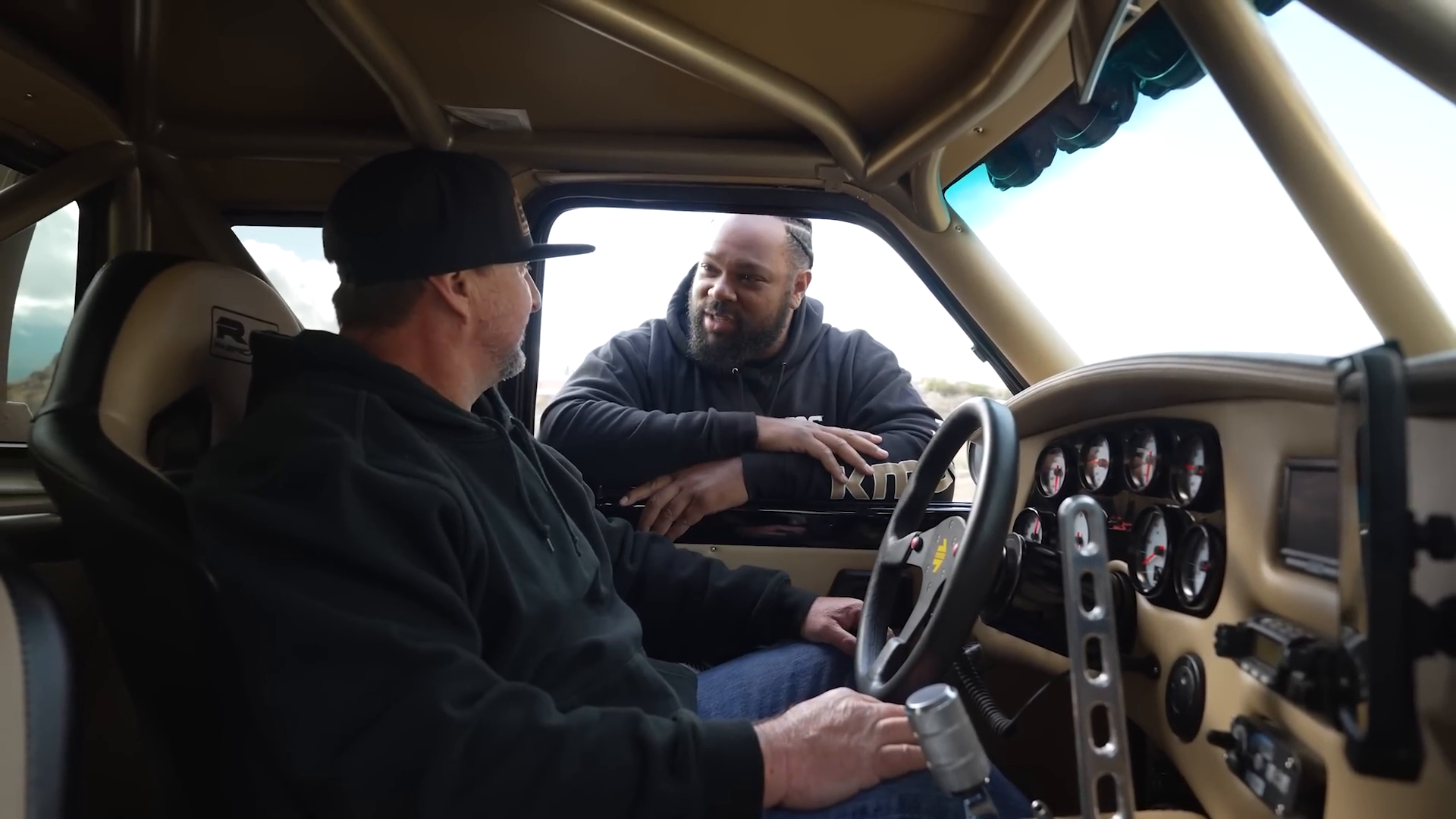
Mr. RJ’s Luxury Pre-Runner: The Ford Ranger
Blend of Comfort and Performance
Mr. RJ introduced a luxury pre-runner based on a 1989 Ford Ranger cab, merging comfort with off-road capability. The vehicle retains stock frame elements from the nose to the back of the cab, transitioning into a bespoke tube chassis. This meticulous construction results in a machine that offers both style and substance, ideal for preliminary runs on race courses.

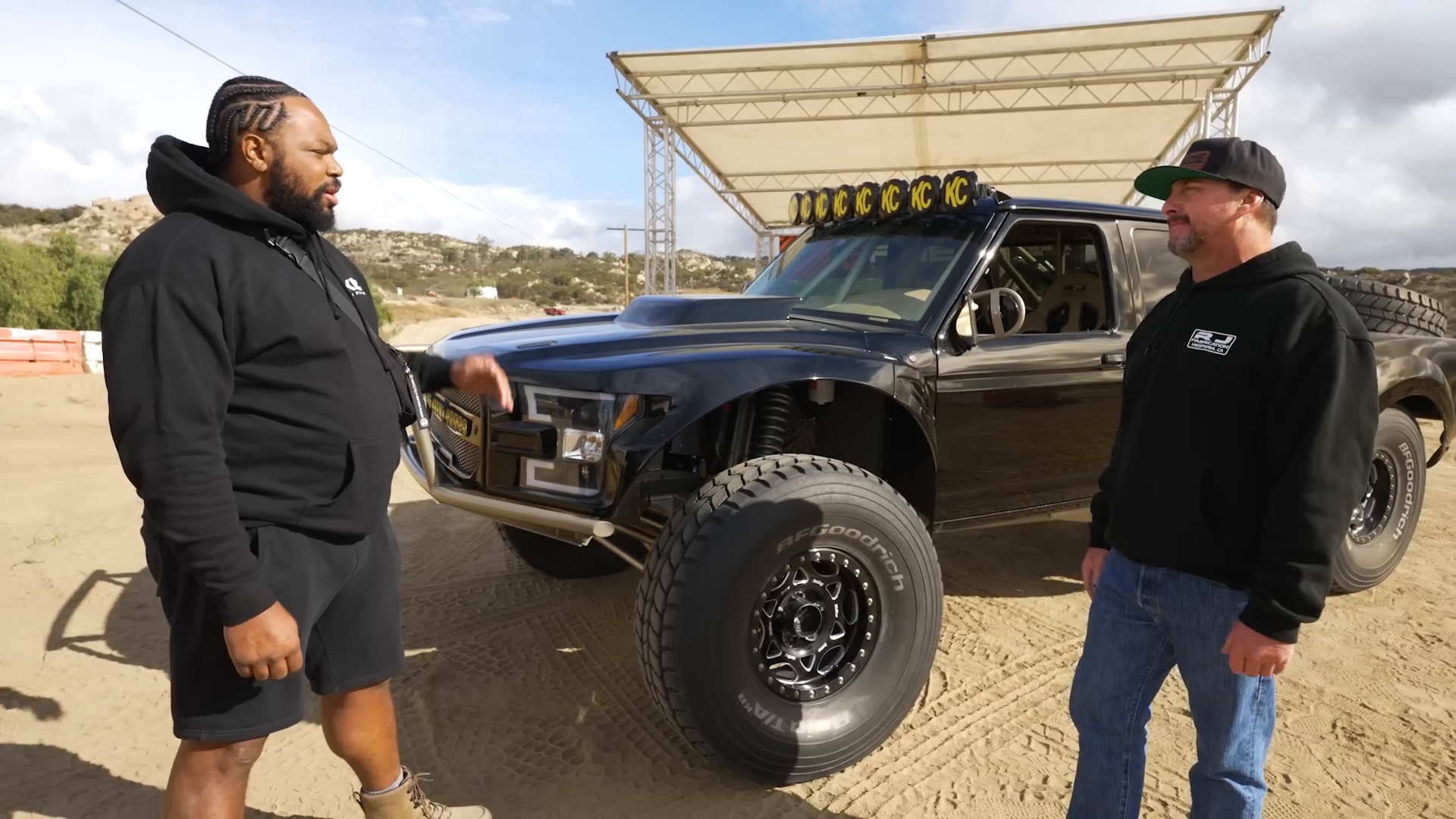
Powerful Engine and Suspension System
The Ford Ranger is equipped with a formidable 460 cubic inch big block Chevy engine, accompanied by performance-enhancing elements such as airflow research heads and a custom camshaft. The engine’s 11.8:1 compression ratio generates nearly 700 horsepower, channeled through a Turbo 400 transmission. The vehicle’s suspension is equally impressive, featuring Fox shocks with 20 inches of front and 28 inches of rear wheel travel, ensuring smooth navigation across varied terrains.
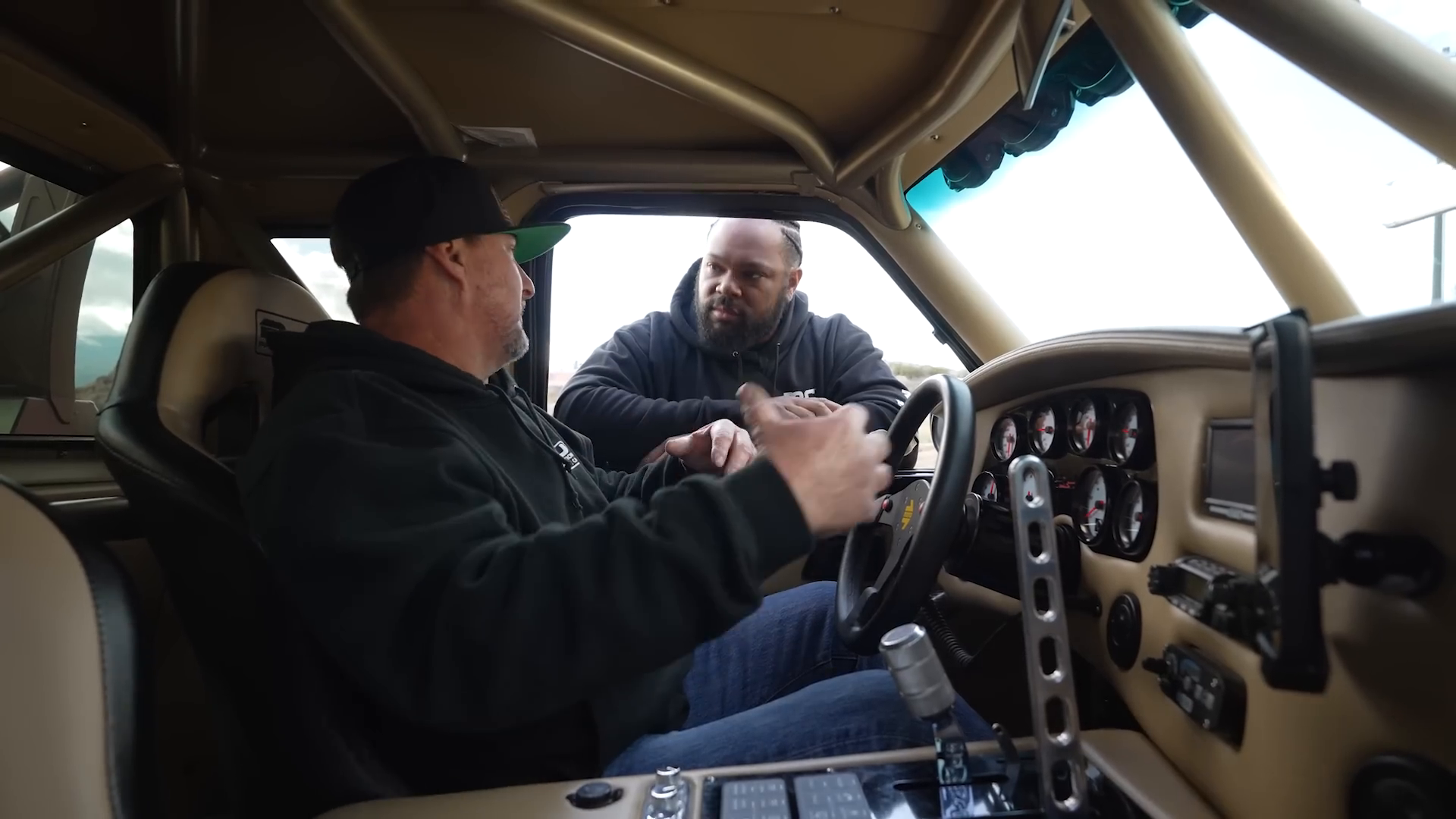
Interior Luxury and Functionality
The interior of the pre-runner emphasizes luxury and practicality. Marine-grade vinyl upholsters the seats, offering durability and resistance to environmental elements. An array of gauges and a strategically positioned iPad enable real-time engine monitoring, allowing passengers to communicate performance metrics to the driver. Additional features like air conditioning, heat, and comprehensive communication systems enhance the overall driving experience, making it a true luxury pre-runner.
The Challenges and Costs of Off-Road Racing
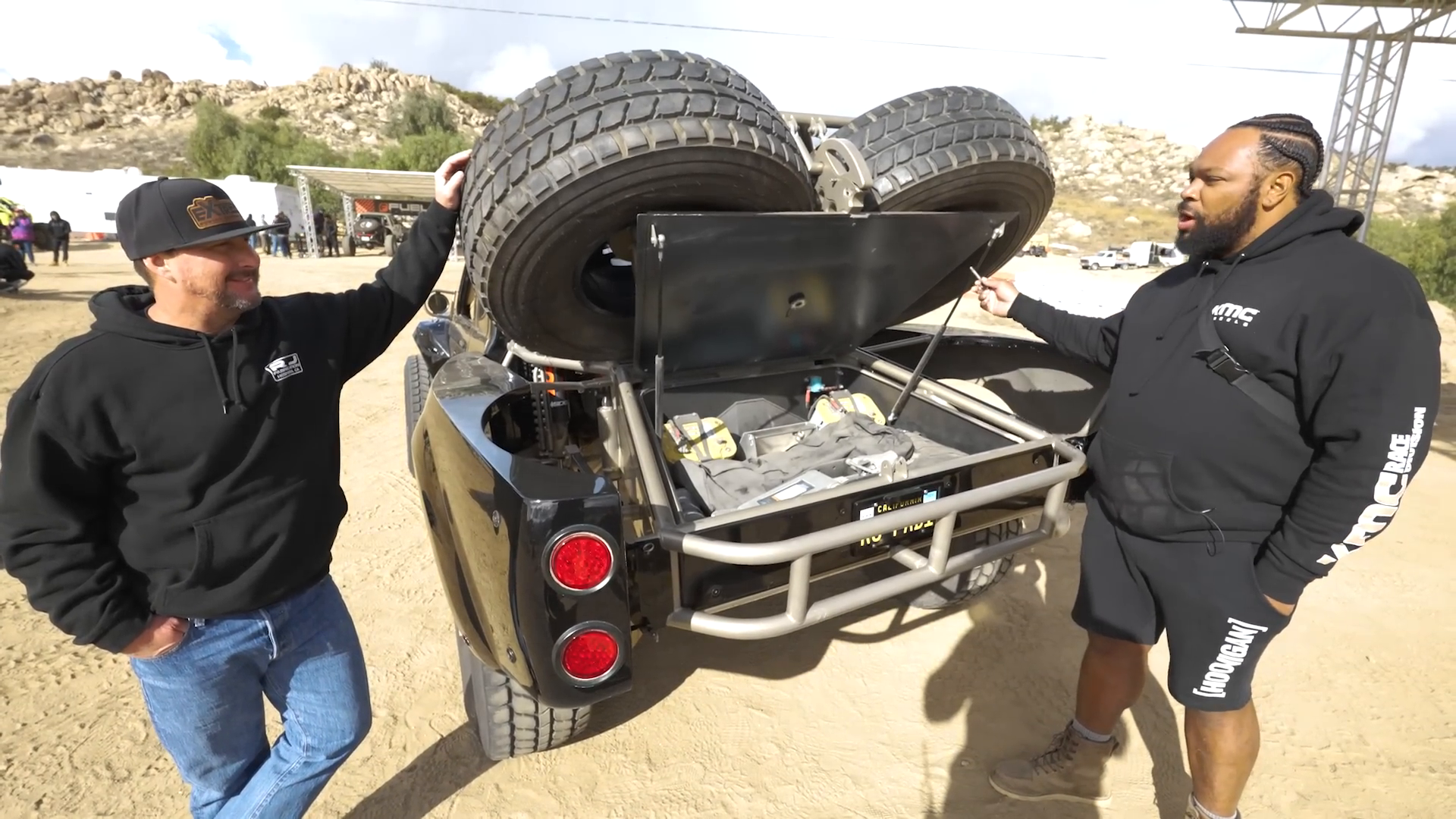
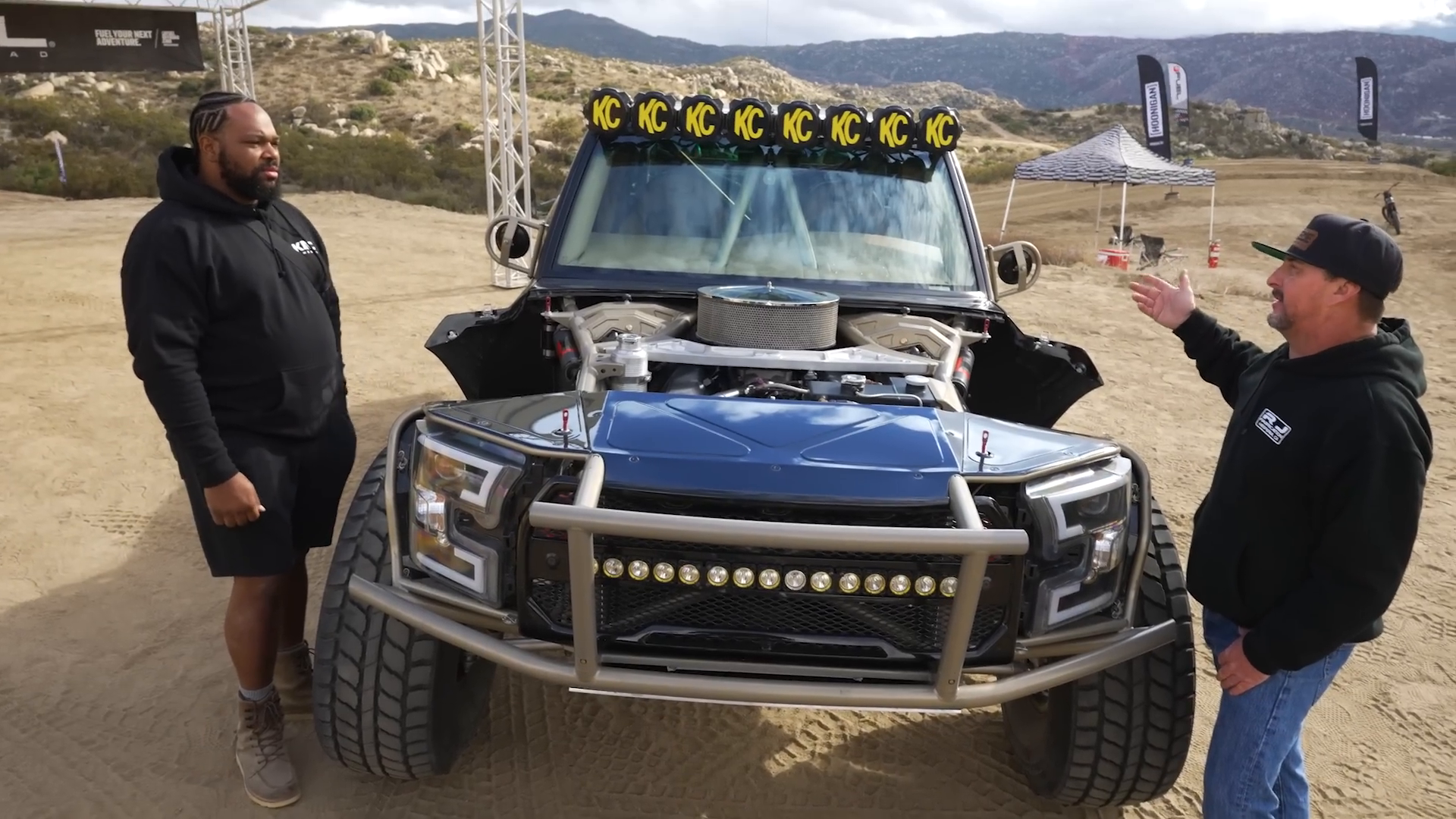
Financial and Logistical Considerations
Off-road racing is not only an engineering challenge but also a financial one. The costs associated with building, maintaining, and racing these high-performance vehicles can be prohibitive. As Mr. RJ explains, maintaining a pre-runner is less costly than a full-fledged trophy truck, which requires significant investment in logistics, fuel, and support resources like helicopters for serious campaigns. This reality highlights the importance of strategic planning and budgeting for aspiring racers.
Technological Innovations
Advancements in off-road vehicle technology, such as improved suspension systems and engine performance tuning, play a critical role in the sport’s evolution. Cutting-edge materials and design principles borrowed from aerospace industries, such as high-strength fasteners and clamps, illustrate the level of sophistication involved in modern vehicle builds. These innovations not only enhance performance but also improve safety and reliability, essential factors for success in competitive racing.
Conclusion
The off-road racing scene continues to captivate with its blend of innovation, engineering expertise, and the raw thrill of competition. Enthusiasts like BJ Carter and Mr. RJ exemplify the passion and dedication required to excel in this demanding sport, pushing the boundaries of what is possible with their unique creations. As the field evolves, the integration of advanced technologies and sustainable practices will play increasingly important roles, ensuring the continued growth and appeal of off-road racing to new generations of fans and participants alike.
